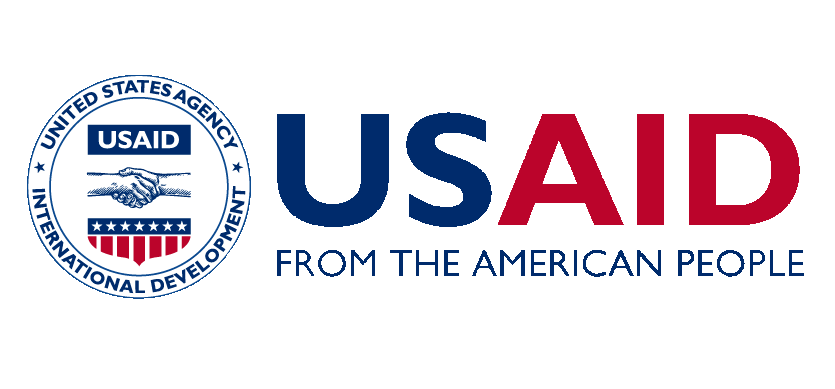This evaluation of a four-province, 13-municipality project focused on a survey designed to measure the knowledge and perception of policymakers and decision-makers on family planning and reproductive health, to provide inputs to the Alternative Advocacy Project (AAP) of PATH Foundation Philippines. The AAP promoted family planning and reproductive health as a good practice for coastal resource management (CRM). It targeted policymakers and decision-makers and focused on improving policymaking at the local level. The project researched the increased use of family planning and reproductive health concepts in the development plans of municipalities.
Year: 2006
Source: Environmental Science for Social Change


